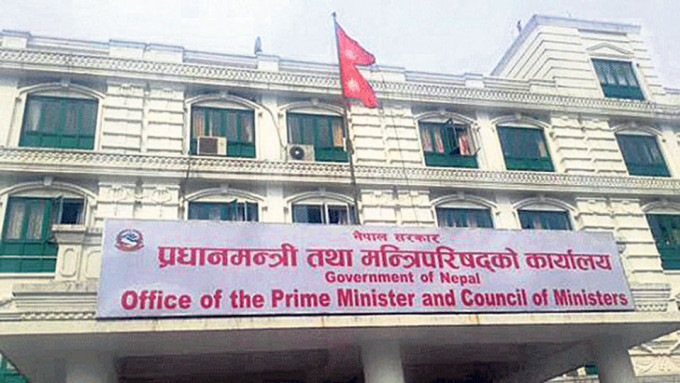A new study by Erik Borjesson of Sahlgrenska University Hospital in Sweden and colleagues, published this week in the open-access journal PLOS ONE, finds that symptoms, ECG abnormalities, or favourable family history are present in nearly nine out of ten cases of sudden cardiac death (SCD) caused by hypertrophic cardiomyopathy (HCM) in young people.
These findings imply that increasing cardiac screening to include those who are not highly skilled athletes may help to prevent SCD in the young population with HCM.
HCM is a hereditary cardiovascular disease that affects one in 500 people in the general population, according to estimates. Although HCM-related sudden death is uncommon, it is nevertheless a significant cause of natural mortality in young people. The risk of SCD can be decreased in young people with HCM by identifying at-risk patients by limiting exercise and using medication therapy. ICDs, or implantable cardioverter defibrillators, can also prolong life and lower mortality rates. For instance, Danish footballer Christian Eriksen was able to resume playing with an ICD eight months after experiencing an on-field cardiac arrest last year.
All instances of SCD with HCM among people under 35 from Sweden between 2000 and 2010 were examined in the new study, along with controls. With the aid of information from national registries, autopsy reports, medical records, and post-mortem interviews with relatives, they were able to describe the clinical symptoms, medical history, family history, and ECG results before the incidence of SCD.
Thirty-one per cent of the 38 SCD cases--31 men and seven women--presented with potential cardiac symptoms, such as palpitations and chest discomfort, prior to death, and 69% sought medical attention in the 180 days prior to passing away (as opposed to just 21% of controls who did so). Prior to death, 39% had a known cardiac condition, and 50% had a family history of heart disease. 28 people had their ECGs evaluated overall at some point in their lives. Of them, 23 (82%) had ECG results deemed abnormal, however, when all instances are taken into account, the overall percentage of strange ECG recordings is close to 60%.
The authors draw the conclusion that SCD in young people with HCM may be predictable and preventable. A routine school screening programme might ensure equitable detection of boys and females, and ECG screening could be extended beyond competitive athletes.
The majority of young patients who passed away suddenly from HCM present with one or more anomalies that can be seen during cardiac screening, the authors note.
READ ALSO:



1720699347_680.jpg)


